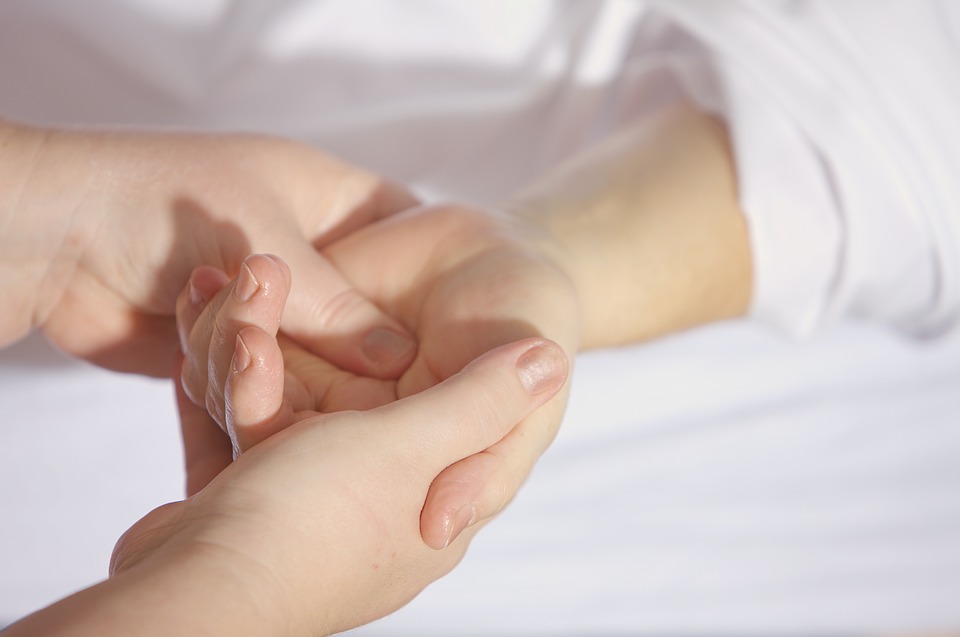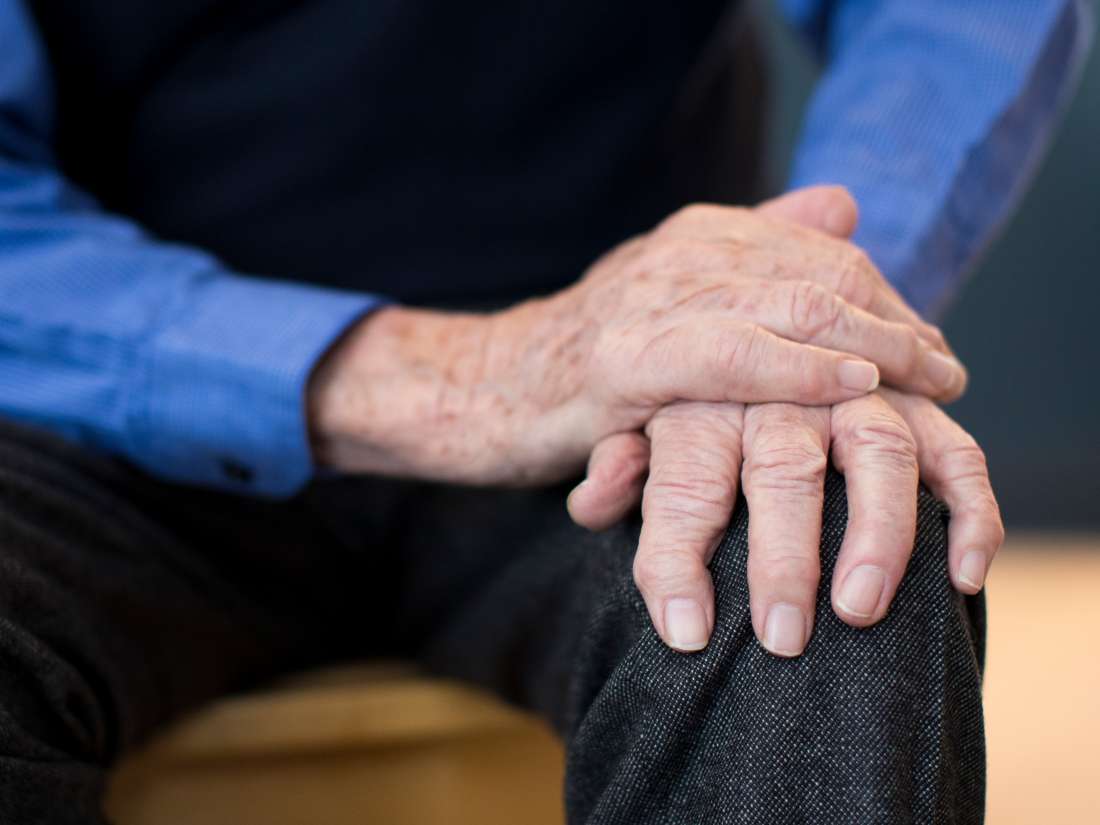A lot of times, people experience instances where their bodies experience a little too tired. To put emphasis to that, the common reaction of our bodies would be involuntary or muscle movement without us commanding to do so. In this regard, we dug deeper into why some people experience the shaking of hands in some cases.

As a matter of fact, people deal with hand tremors at a very point in their lives. Believe it or not, most of the time, it’s actually not a big deal. However, if your hands shake randomly, there should be probable reasons as to why they’ve transpired. More so, in some instances, it could be a clue to whatever is going on with both the mental and the physical health of an individual.
Read: An 18-Year-Old Passes and it’s Because of Cardiac Arrest—Here’s How it Happened
What are tremors?
A tremor is an occurrence when your muscles involuntary and rhythmically contract. This, in turn, makes one or more of your body parts shake—tremble. As per the National Institute of Neurological Disorders and Stroke (NINDS), this condition usually happens in the hands. However, that doesn’t save other body parts like the head, legs, the torso, and yes our vocal cords.
Control over the body
As we’ve been taught in basic education, our brain is like the Central Processing Unit (CPU) of our bodies. It can be thought to be the main organ that has total control over ourselves. In fact, it’s what makes our bodies move; it what makes our brains think of whatever we are thinking.
Katerina Markopoulou, MD, and a movement disorder medical specialist and a neurologist at the NorthShore University HealthSystem Neurological Institute, says that our brain is responsible for the movement of our extremities. More specifically, there are some parts of our brains involved in it.
Several areas of the brain are involved in the generation and control of movement of all extremities.”
Parts of the brain which include these movements are the basal ganglia or the structures which are deep within our brains, the motor cortex which can be found in the frontal lobes of our brains, and the brainstem or the connection between the spinal cord and the brain.
Read: How Much Sleep do we Really Need?
What possible causes are there?
As mentioned above, most of the causes are not life-threatening and they’re usually caused by external effects.
Hyperthyroidism
Our thyroids can be found within our necks. It’s a small gland in the neck which helps control many things in our bodies like our metabolism, hearts, digestion, and other bodily functions. If in any case our thyroids are running more than it should, then the rest of our bodies go in a frenzy, too.
You will feel faster heartbeats, sudden weight loss, and—involuntary trembling hands. Have yourself checked to have a look at your thyroid levels.
A*****l
People who a***e a*****l have one of the highest chances of experiencing these tremors. Why? Because these tremors could be a sign of withdrawal. The shaking happens because the a*****l already modified the chemistry of our brains and is forcefully making our bodies to go on a frenzy.
At max, the tremors or the shakes can be 24 to 48 hours after the last drink a patient took. Slowly but surely, it decreases in the next five (5) days.
Side-effects of medication
Another off-the-hook reason is that these shaking occurrences could be side-effects of medications a patient is taking. In layman’s terminologies, this is called a “d**g-induced tremor.” This is when your nervous system is not firing at the correct times—it’s sending incorrect signals to your muscles not in timing because of a medication you are on.
Read: Do You See This Mark on Your Nail? If Yes, You Better Have Yourself Checked for C****r
Some of these include blood pressure medication, asthma medicines, antidepressants, thyroid medications, and other medications that are strong in nature. If this is the case, you need to speak with your doctor in changing your prescription because of the side-effects it’s giving you.
Caffeine
The most common blame of shaking and trembling hands would be on caffeine. Being over-caffeinated not only makes you awake, it also tells your body to be more alert, leading to sudden shaking and trembling of your hands and other extremities. So, if you are a legitimate coffee-lover, you might want to cut back on your consumption.
The Food and D**g Authority (FDA) claims that 400 milligrams (mg) of caffeine a day is the most acceptable. This translates to four (4) to five (5) cups of coffee. Extending that, however, could have butter side effects like Insomnia, anxiety, random jitters, and shaking. Also, it could lead to a faster heart rate which might not be a good sign of health.
Sleep deprivation and/or stress
People who have less sleep or those who are stressful have high chances of experiencing this. The lack of rest, partnered up with stress, will definitely pave way for the shaking to happen. So, if you experience this and if you know that stress and sleep deprivation is the cause, get yourself full dozes of sleep and hygienic habits. Ensure that you give yourself ample time to relax so that you won’t think of a lot of things.
You can try doing exercises, meditation, yoga, deep breathing, all natural relaxants to help you with your dilemma.
Parkinson’s Disease
Millions of people have the fear that when they experience their hands tremble, it’s Parkinson’s disease on their plate. However, that is not actually the case. Although true, the chances of developing this condition is just one (1) out of ten (10) that hand shaking and trembling might predict.
Dr. Markopoulou says that this can happen with other signs like balance problems, stiffness of the body, slow movement, and such. However, the chances of it are low.
Read: Kidney Infection Signs You Need to Consider
What help can I get?

The real question you need to ask yourself is what you need to do. When you experience this as some sort of a normal thing in your daily routine, it’s best to visit a neurologist in a jiffy. This is also what Dr. Markopoulou suggests—specifically, a neurologist who specializes in disorders and in the treatment of movement.
To get to a neurologist, you can ask your local healthcare practitioner for a referral. This is best especially when even general medicine doctors can’t pinpoint the real reason why you experience the shaking of your hands and other extremities.
After a neurologist checks your status, they will then refer and tell you whether or not you need an MRI or not. MRI stands for Magnetic Resonance Imaging.
Read: Is Your Hair Getting Thinner? Here’s What You Need to Know and How You can Grow it Back
An MRI can overall help to diagnose and exclude other conditions that might be causing your trembling—excluding Parkinson’s disease.
Yes, an MRI won’t be able to diagnose whether or not a person has Parkinson’s disease and this was backed up by Dr. Markopoulou.
Have you been experiencing any type of trembling and shakes in your hands and other parts of your bodies? If yes, then you might want to check whether or not it could be caused by any of the probable things are. Have yourself checked by your local health practitioner and if it’s not enough—consider visiting a neurologist.
